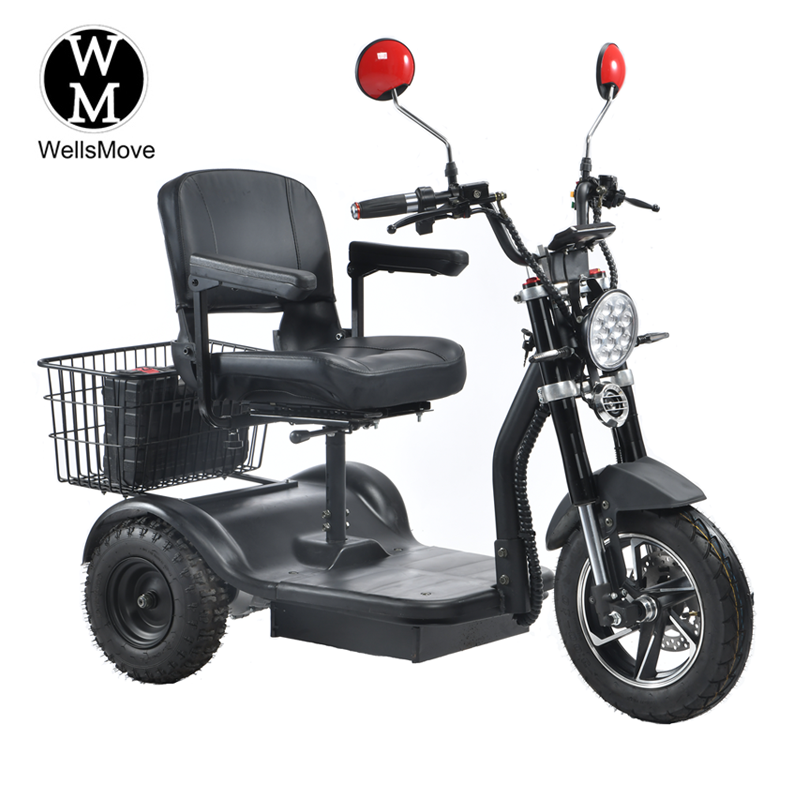In today’s fast-paced world, mobility is essential to living an independent and fulfilling life. Mobility scooters have become a popular and convenient solution for individuals with limited mobility. These scooters provide an excellent mode of transportation, allowing users to maintain independence and carry out daily activities without relying on others. However, a common question arises: How do I qualify for a mobility scooter? In this article, we explore the eligibility criteria and basic factors to consider when applying for a mobility scooter.
Eligibility Criteria:
1. Medical Condition Assessment: To qualify for a mobility scooter, an individual must have a medical condition that significantly impairs their mobility. These conditions may include, but are not limited to, arthritis, multiple sclerosis, muscular dystrophy, or any other debilitating condition that limits a person’s ability to walk.
2. Prescription from a healthcare professional: A critical step in obtaining a mobility scooter is obtaining a prescription from a healthcare professional. A doctor, nurse or physiotherapist can assess your health and recommend a mobility scooter as a suitable solution for your limited mobility.
3. Documentation of permanent or long-term disability: Documentation of permanent or long-term disability must be provided in order to qualify for a mobility scooter. This could include a medical report, a letter from a healthcare professional, or any official document that demonstrates your medical condition and need for a mobility scooter.
Financial considerations:
1. Insurance coverage: Before purchasing a mobility scooter, check your health insurance coverage. Many insurance plans provide coverage for assistive devices, such as mobility scooters, depending on medical necessity and policy terms. Please contact your insurance company for coverage details and requirements, such as prior authorization or medical documentation.
2. Medicare/Medicaid: For individuals 65 years of age or older or individuals with specific disabilities, Medicare or Medicaid may partially pay for mobility scooters. However, certain eligibility criteria must be met. It is recommended to consult the Social Security Administration or relevant government agency in your country to determine if you are eligible for this assistance.
3. Personal Budget: If insurance or government assistance is not available, consider your personal budget and financial situation. Mobility scooters come in a variety of price ranges, from basic models to more advanced, feature-rich options. Research different brands, compare prices, and find a mobility scooter that suits your requirements and budget.
in conclusion:
For people with limited mobility, mobility scooters can be a life-changing asset. It provides independence, freedom, and the ability to participate in everyday activities that can be challenging. To be eligible for a mobility scooter, a medical evaluation, a prescription from a healthcare professional and necessary documentation of permanent or long-term disability must be provided. Also, consider exploring insurance coverage, Medicare/Medicaid options, or your personal budget to help finance the purchase. With the right approach, you can ensure that you or a loved one has the mobility and freedom you need to live fully.
Post time: Jul-07-2023



